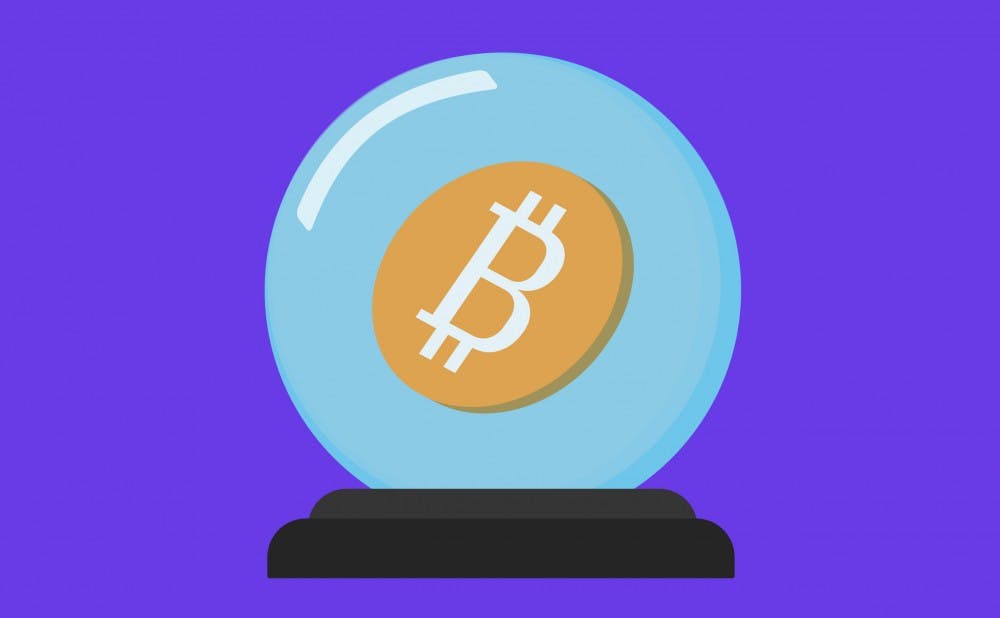Going paperless is the new trend—and our currency could be next, according to a Duke professor.
Campbell Harvey, J. Paul Sticht professor of international business at the Duke Fuqua School of Business, not only said on CBS News Aug. 26 that the United States should create a national cryptocurrency, but also that eliminating paper-based transactions is inevitable.
According to Harvey, a national cryptocurrency would solve many of our currency’s problems—from replacing worn banknotes to crimes like counterfeiting, tax evasion and black-market sales.
“In the future, it doesn’t make sense that we’re using paper for currency,” Harvey said in the interview.
Harvey argued that trading pieces of paper is impractical when so much of the world is already digitized. For example, he said that less than 2 percent of Swedish transactions are done in cash, and China has led the charge on mobile banking, transferring $13.7 trillion on mobile devices in 2017.
Harvey also noted that many governments are pursuing the blockchain technology—which serves as the “serial number” of the virtual dollar—needed to build a national cryptocurrency. This is crucial because, if the government were to simply digitize the dollar, then replicating it would be as easy as counterfeiting cash.
Since the technology is already available, Harvey emphasized that a shift to a national cryptocurrency is “not hard to forecast.” But he said that many people do not share this view because of “conservatism” with respect to money.
Though critics rail against the lack of privacy, claiming the government will be able to track every purchase and transfer—Harvey cautioned against this logic.
“If you use a credit card, or a debit card, or Venmo, that’s not private,” Harvey told The Chronicle.
It is still unclear whether a national cryptocurrency, if implemented, will include privacy provisions.
Yet Harvey maintained that cryptocurrency will soon become the norm. Though it will not be next year—different countries go digital at different speeds—he said this digital revolution will begin in the small to medium countries, like Sweden, in as little as four to five years.
When asked if these national cryptocurrencies will increase the digital divide between the developed and undeveloped world, Harvey disagreed. In fact, he said the digital transition will actually progress more quickly in developing countries, because the need is greater—most of these countries have few banks, and most of their people lack credit cards.
“This is a great social innovation also,” Harvey said on CBS.
There are about 2 billion people who are shut out from making electronic transactions, or "unbanked," Harvey said. A national cryptocurrency would allow them to buy and sell things online through their phones—an iPhone costs $25 in Africa, and, if people lack electricity, small solar panels are available for charging cell phones, he said.
“[Mobile banking] is just a computer program,” Harvey said. “All you need is a phone and some connection to the internet.”
With the switch to cryptocurrency imminent, if the U.S. wants to remain the basis for currencies around the world, Harvey said it should be aggressive in investing in the infrastructure for a national cryptocurrency.
Get The Chronicle straight to your inbox
Sign up for our weekly newsletter. Cancel at any time.

